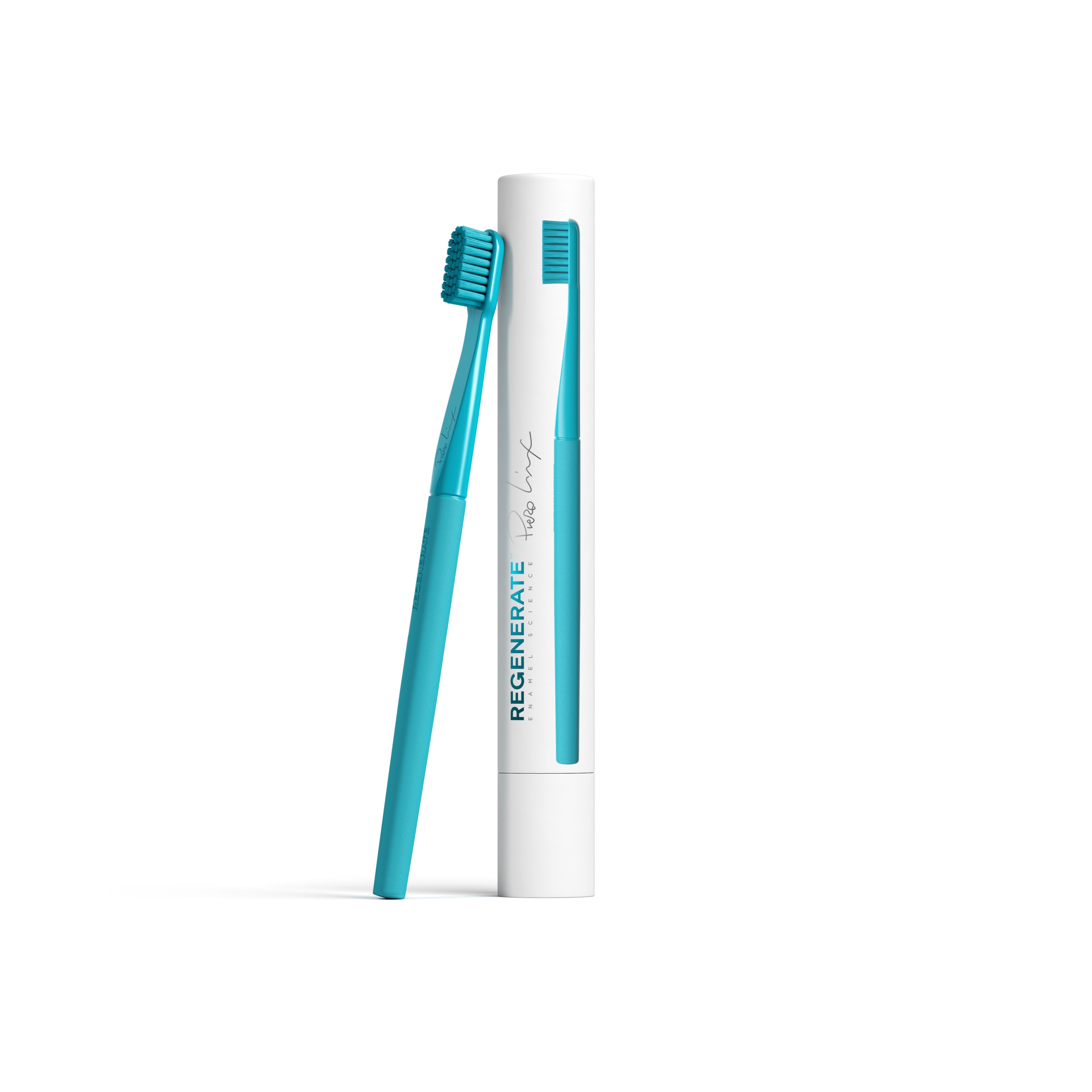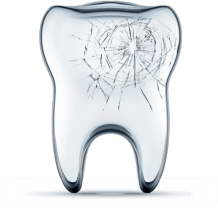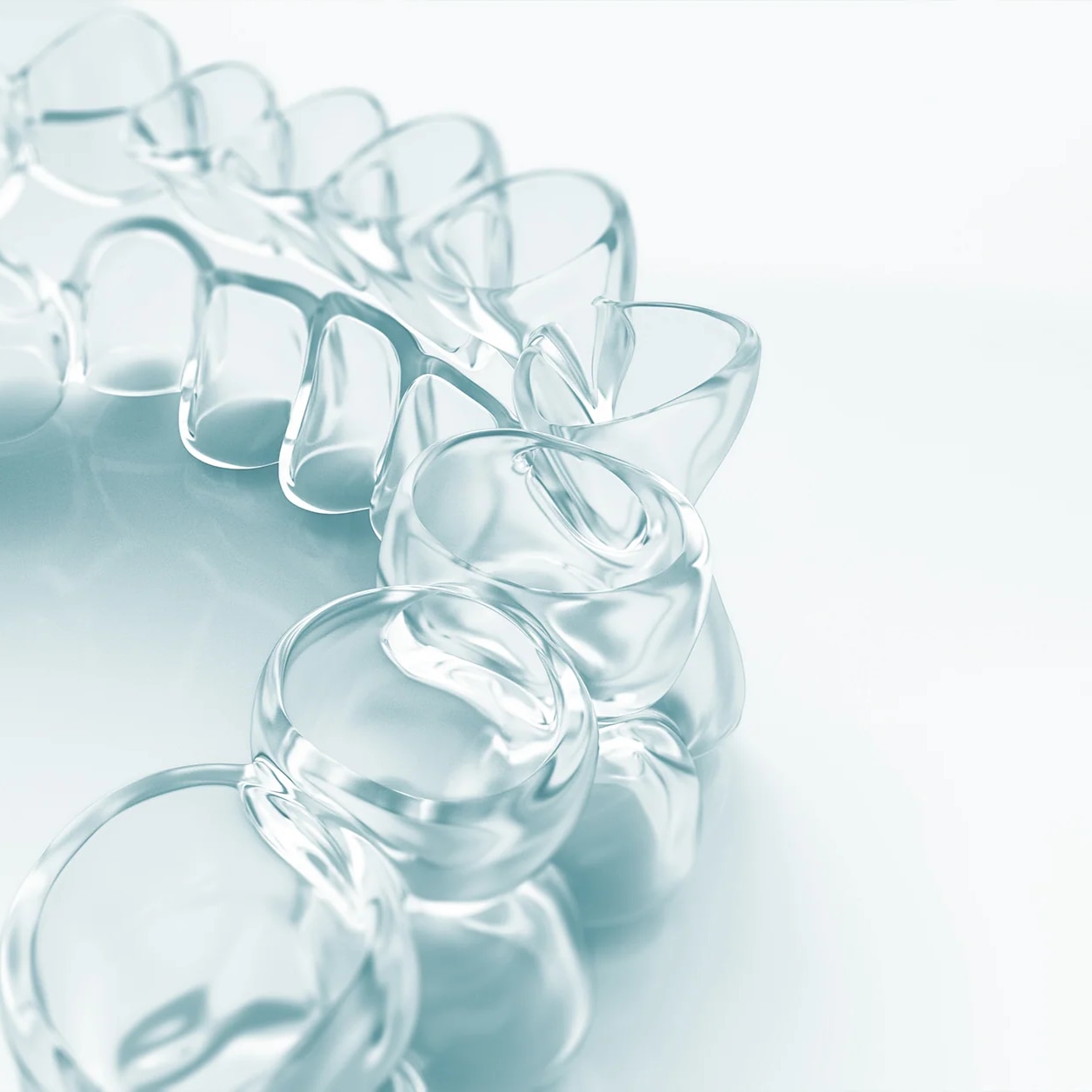While bruxism is very common, it can have uncomfortable consequences for you and your teeth. If you think you may have bruxism or teeth that are beginning to show bruxism symptoms, this guide will provide an overview of the condition, and what to do next.
What is bruxism?
Bruxism is the medical term given to a condition where you clench, grind or gnash your teeth together. It is often done unconsciously, most often during sleep, or during times of stress. As bruxism often occurs during sleep, you may not realise you have this condition for a long time. In fact, it may only be until a sleep partner notices, that you start to notice the symptoms of bruxism, or, in extreme cases, until your bruxism begins to cause serious dental problems.
The main causes of bruxism
What is bruxism usually caused by? This condition is often related to a state of stress or anxiety. It could also be related to factors in your lifestyle, a side effect of medication, or, in the case of sleep bruxism, connected with other sleep disorders like sleep apnoea or sleep paralysis¹.
To identify the causes of bruxism for you, it’s best to speak to your dentist and your GP.

Common bruxism symptoms to look for
Unless you are aware of bruxism, the signs that you might have this condition can often be overlooked. Look out for these symptoms of bruxism¹⋅²:
- Headaches, earache or pain around the face and jaw: If you’re experiencing aches or soreness in these areas it may be down to the tension and agitation that bruxism causes. It’s always important to consult your GP about unexplained pain, especially in the case of severe pain.
- Interrupted sleep: If you are suffering from sleep bruxism, you may be waking yourself up at night by grinding your teeth together without realising it. You could also be waking your partner, even if your sleep stays uninterrupted!
- Worn-down teeth: If you think you might have bruxism, teeth enamel wear is often a consequence as your teeth gnash together. This issue can lead to a variety of dental problems, both mild and severe; find out more about tooth enamel here.
- Increased teeth sensitivity: In the case of bruxism, signs that the condition is affecting your teeth include a heightened sensitivity caused by enamel erosion. If you’re experiencing any kind of dental discomfort, it’s always important to investigate the possible causes of tooth pain and speak to your dentist for advice.
- Broken teeth or fillings: This is usually limited to more extreme causes of bruxism, and treatment by a dentist — both for the tooth damage and the bruxism — should be sought as soon as possible.
How to treat bruxism and stop it?
As with any medical condition, your first step for bruxism treatment should be to speak to your dentist or your GP about the best way to address bruxism and its symptoms. If the cause is stress, your doctor may recommend therapeutic treatment or lifestyle changes.
Other types of bruxism treatment are more targeted at the condition itself rather than the external causes of bruxism. Treatments can include:
- Muscle relaxation: In some cases, your doctor or dentist might recommend muscle relaxation exercises.
- Mouth guard: Your dentist may recommend the use of a mouth guard at night to treat sleep bruxism and limit its impact on your teeth.
- Reduce alcohol intake: Alcohol can often make teeth grinding worse, and so cutting down can help relieve this.
No matter what method of bruxism treatment your dentist chooses, maintaining a healthy oral care routine will help to protect your teeth and keep them strong. Daily brushing with Regenerate Advanced Toothpaste, and a monthly application of Regenerate Advanced Enamel Serum, provides a significant increase in enamel hardness. A combination of good oral care and lifestyle habits can help to keep your enamel healthy and provide a counterbalance to the effects of bruxism on your teeth. Some important routines to stick to include:
- Brushing your teeth twice a day.
- Flossing regularly.
- Limiting consumption of acidic foods and drinks.
- Avoiding snacking during the day.
You can find out more about how to strengthen enamel with our guide.
The sooner you seek bruxism treatment from your dentist, the sooner you can begin to protect your teeth from damage and enjoy freedom from other kinds of uncomfortable bruxism symptoms.
The advice in this article does not constitute medical advice, it is solely available for information purposes. We recommend that you consult your dentist If you are experiencing any gum or tooth problems.
Sources:
- slide 1
- slide 2
- slide 3









